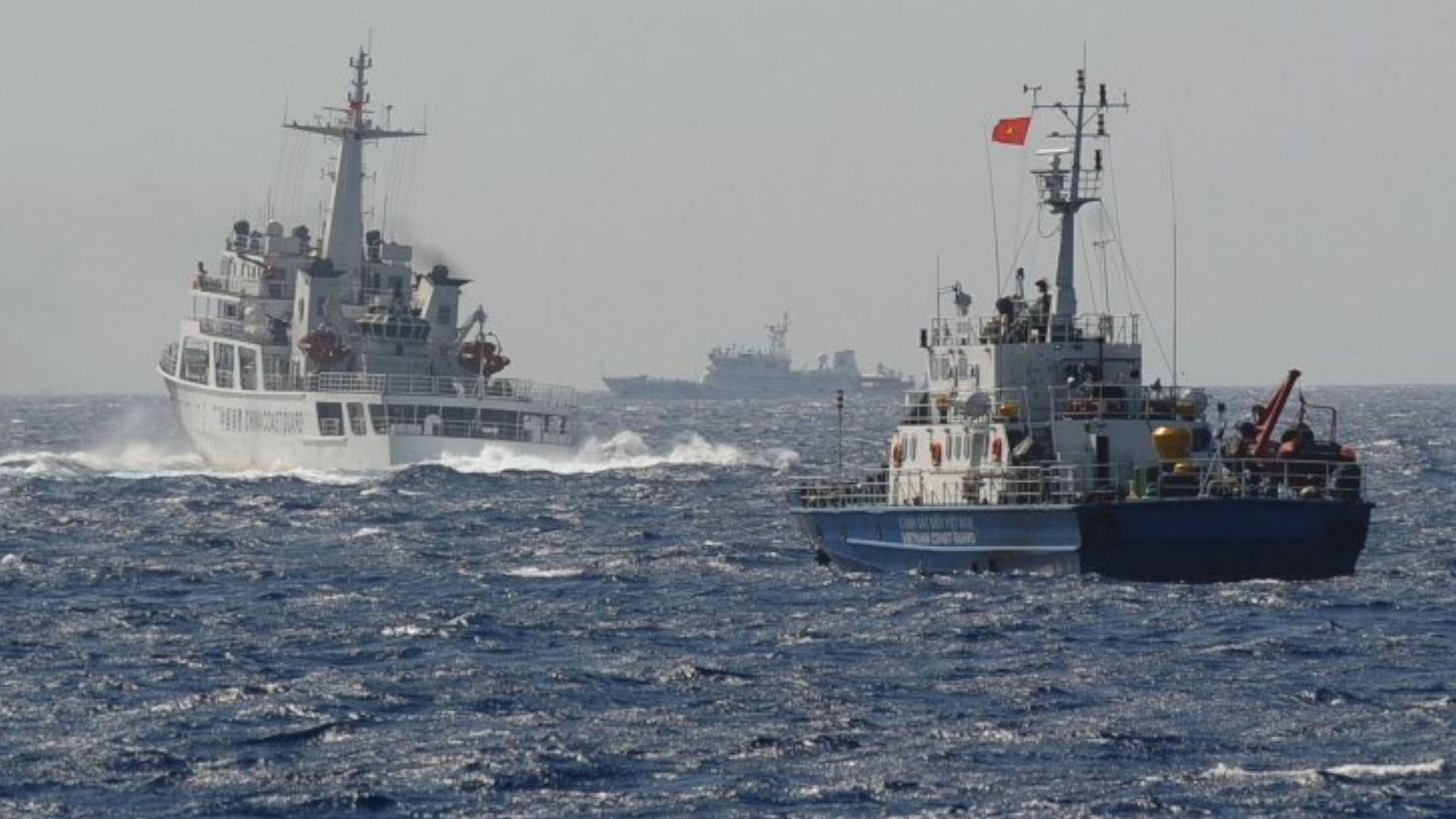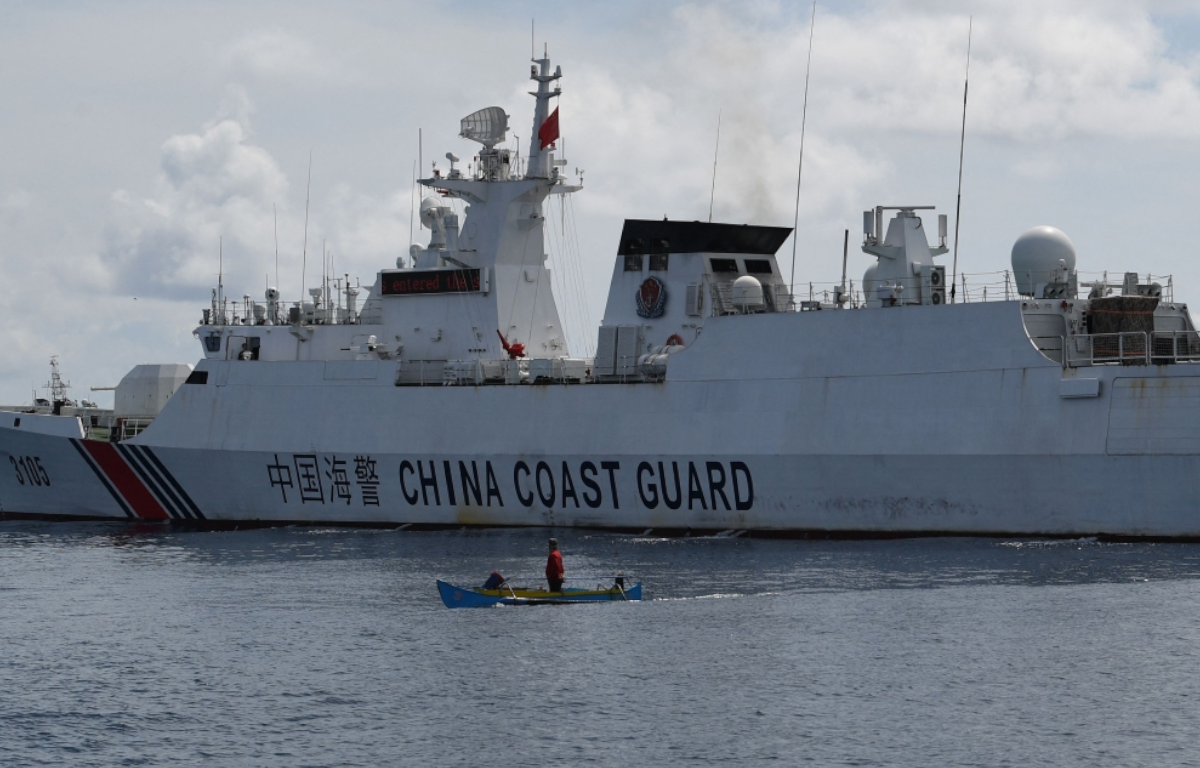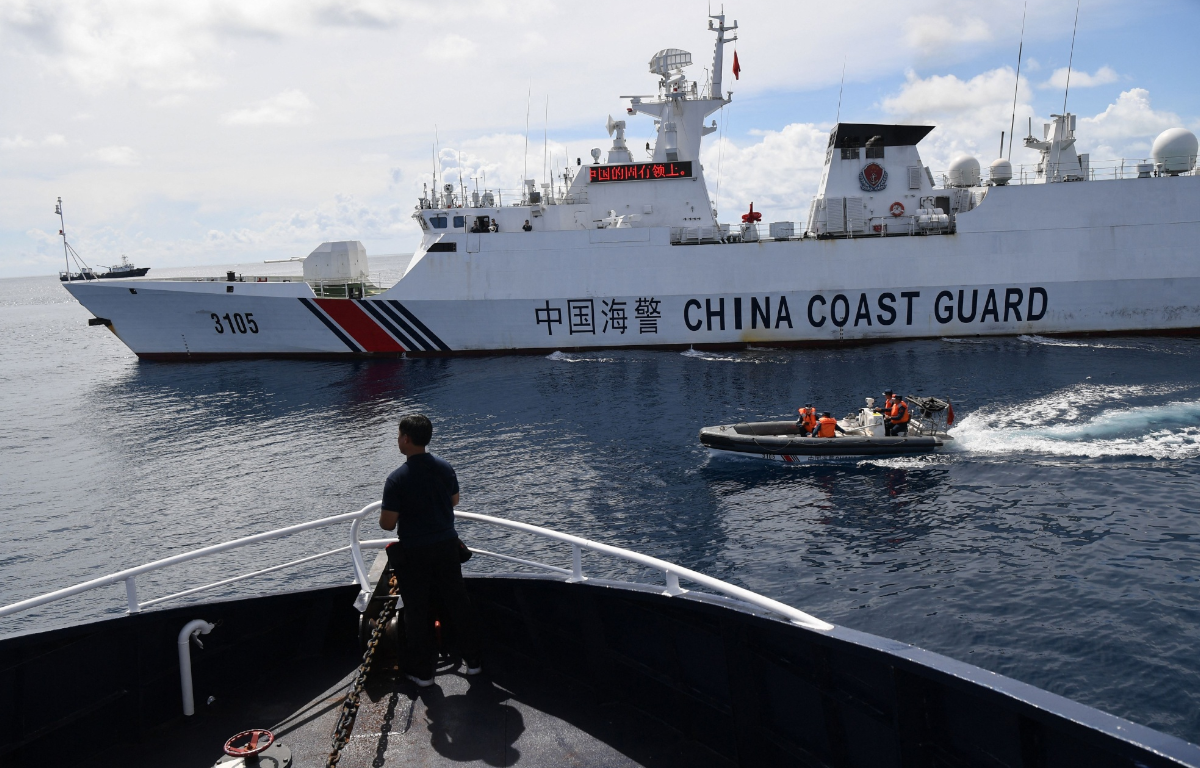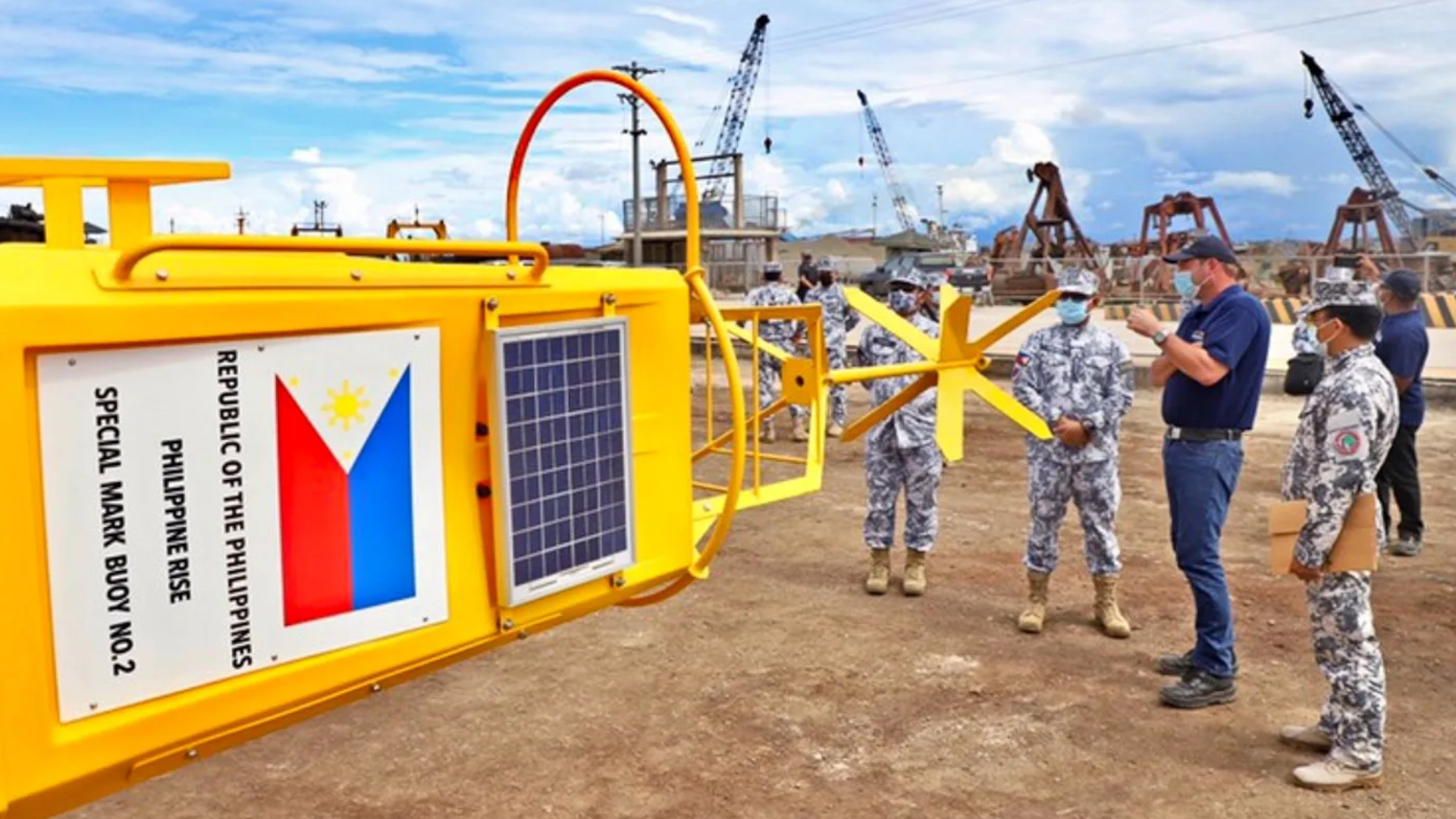
The PCG, responsible for safeguarding the Philippines’ maritime interests, has accused China of misrepresentation regarding permits, sparking renewed attention to maritime security issues in the region.
The PCG’s allegations center around instances where Chinese vessels purportedly misrepresented their permits or lacked proper authorization while operating in Philippine waters. These incidents have raised questions about China’s adherence to international maritime laws and norms, particularly regarding the freedom of navigation and lawful use of maritime resources.
According to PCG officials, there have been several documented cases where Chinese vessels claimed to have permits for legitimate activities, such as fishing or research, but were found to be engaged in unauthorized or suspicious actions. Such discrepancies have fueled concerns about China’s transparency and compliance with established protocols governing maritime activities.
The issue extends beyond mere procedural missteps. It touches on broader geopolitical tensions in the South China Sea, where overlapping territorial claims and competing interests have led to maritime disputes among countries in the region. China’s expansive claims in the South China Sea, often disputed by neighboring countries including the Philippines, have been a focal point of international concern and diplomatic negotiations.
The PCG’s statements come at a time when maritime security in the Asia-Pacific region is under heightened scrutiny. Concerns about illegal fishing, environmental degradation, and potential security threats have underscored the importance of robust maritime governance and adherence to international laws and agreements.
The accusations against China regarding permit misrepresentation highlight the need for greater transparency, accountability, and adherence to established protocols in maritime activities. As maritime disputes continue to simmer in the South China Sea and surrounding waters, maintaining open channels of communication, upholding international laws, and fostering cooperation among nations are essential for preserving regional stability and security.
China’s response to these allegations from the PCG and how it addresses concerns about permit misrepresentation will likely have implications for its relations with neighboring countries and broader international perceptions of its maritime practices. Clarity, cooperation, and respect for established norms will be key factors in navigating the complexities of maritime security in the Asia-Pacific region.










Share this: